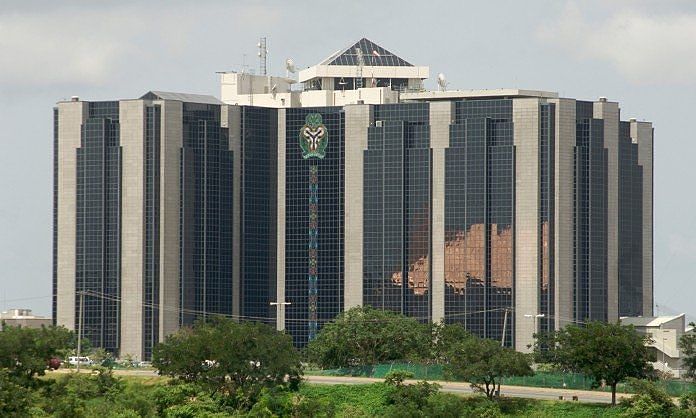History of Nigeria naira currency 2023
History of Nigeria naira currency 2023

History of Nigeria naira currency 2023
The naira is the currency of Nigeria, a country in West Africa. From 1958 to 1973, the pound was Nigeria’s national currency. The naira replaced it.

History of Nigeria naira currency 2023
When the naira was introduced, the British pound, the Nigerian pound, and the West African pound were all in circulation. Nigeria maintained its reliance on the British pound as its major currency even after its independence in 1960.
Since 1958, when Nigeria became a member of the West African Currency Union, its currency has been the British pound (WACU). British colonial rulers in West Africa established the West African Currency Union (WACU) in the 1950s in an effort to harmonise the several colonial currencies in the region. The value of one British pound was set at two Nigerian naira.
There was severe political unrest in Nigeria after a group of military officers led by Major General Yakubu Gowon conducted a coup d’état and assumed power in 1966. The new military regime prioritised bringing the country into the 21st century. The naira, a new currency, was introduced as part of the Gowon regime’s various reforms.
The birth of the naira
Nigeria adopted the naira as its new currency on January 1, 1973, at a rate of 2 naira to 1 pound. The new currency was named after the naira, a common weight in West Africa. The following denominations were printed: 1, 5, 10, 20, and 50 kobo; 1, 5, 10, and 20 naira; and 100 naira.

There was a time when the naira’s value was set at a fixed rate of 1 pound to 2 naira relative to the British pound, but this was subsequently abandoned in favour of a more flexible monetary policy. The naira has been devalued several times in recent history as a result of the country’s extended struggle with economic instability and high levels of inflation.
Notwithstanding these setbacks, the naira remains the de facto currency across Nigeria. Nigeria’s government has taken steps in recent years to strengthen the currency and boost the economy. Work of this sort has been going on over the past few years. It has used monetary and fiscal policies, for instance, to curb inflation and entice foreign investment.
The naira has become an integral part of the Nigerian economy and national identity, and it continues to play a significant role in the day-to-day lives of ordinary Nigerians. This concludes our abridged history lesson on the naira, the currency of Nigeria.
History of Central Bank of Nigeria CBN
The CBN, or Central Bank of Nigeria, is the country’s primary financial institution. Its responsibilities include setting the country’s monetary policy and policing the banking industry. The Central Bank of Nigeria (CBN) was established in 1958, not long after Nigeria gained its independence from British rule.

The CBN was established in 1958 and given the name Central Bank of Nigeria in line with Ordinance No. 24 of that year. Being the country’s central bank and banking regulator are two of its key roles. Taking its cues from the Bank of England, the CBN was established to provide price stability, promote economic growth in Nigeria, and act as the government’s official bank.
Throughout many years, the CBN’s policies and programmes have helped the Nigerian economy expand, remain stable, and become more accessible to the general public in terms of financial services. The CBN was also in charge of managing the country’s foreign exchange reserves and issuing and regulating the naira, the official currency.
There have been several challenges for the Central Bank of Nigeria (CBN) in recent years, including growing inflation, currency depreciation, and economic instability. Yet, it continues to play a major role in the Nigerian economy and has taken a number of steps to deal with these difficulties and boost growth.
In recent decades, the Central Bank of Nigeria (CBN) has grown to become an important Nigerian institution, with increasing influence over the country’s monetary and financial policies. A governor, appointed by the President of Nigeria for a single five-year tenure, runs the show. Abuja, Nigeria’s capital, is also the site of the CBN’s headquarters.

